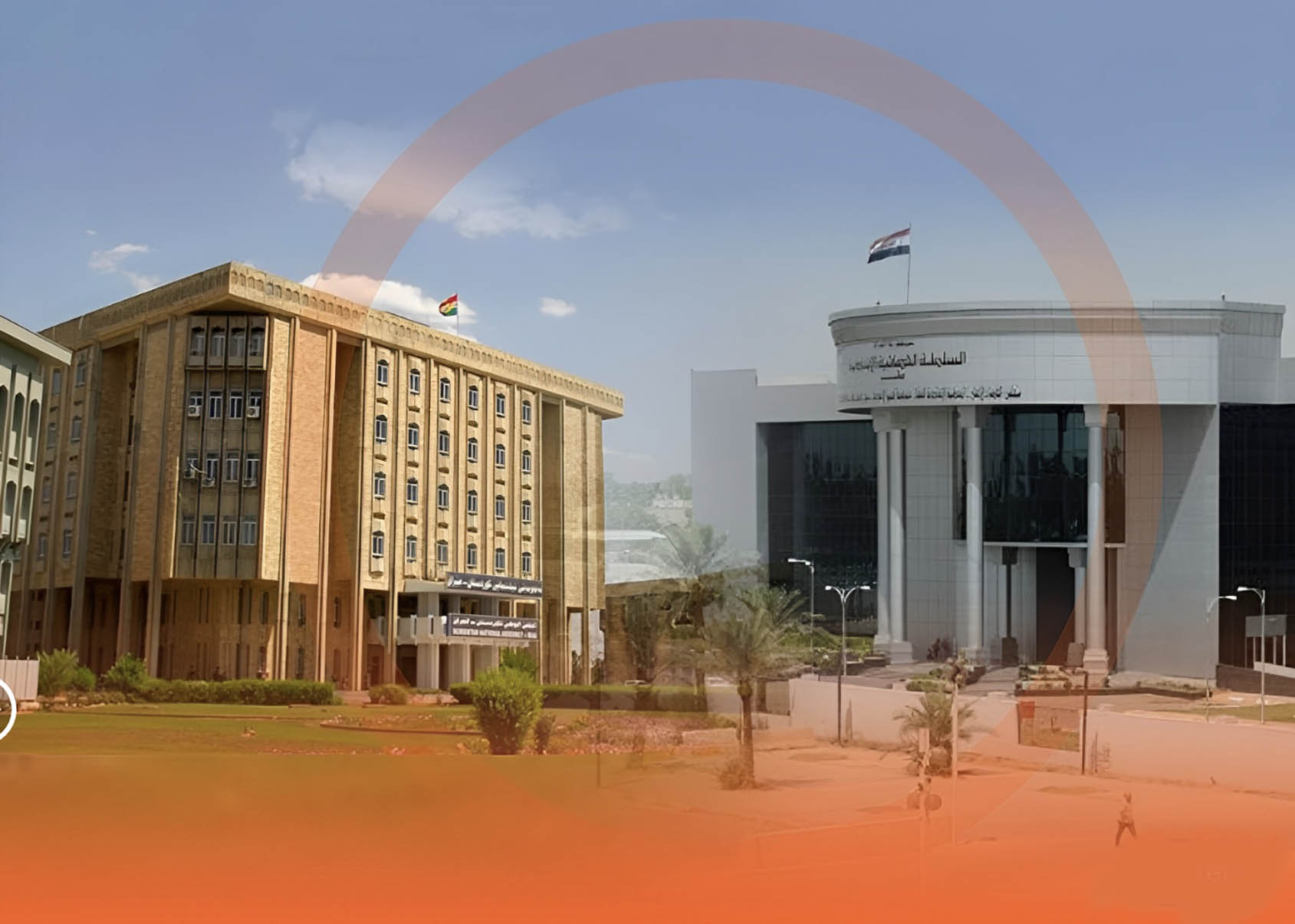Following nine contentious sessions, the Federal Court has issued its tenth significant ruling concerning Kurdish matters since the 2017 referendum. This decision, the fifteenth of 2023, deemed the extension of the fifth session of the Kurdistan Parliament unconstitutional, thus marking the culmination of extensive legal deliberations on this matter.
The court's twenty-page verdict offers an in-depth, holistic analysis of the reasons for the rejection of Law No. 12 of 2022, drawing on the internal regulations of the Kurdistan Regional Parliament, specific restrictions, and political agreements to support its conclusions. This exhaustive elucidation dispels any allegations of an intent to undermine or constrain the Kurdistan Region—a theory popular among some elements of the political establishment and elite circles within the Region.
The Federal Court's ruling commends the audacity and distinctiveness of the inaugural elections in the Kurdistan Region in 1992. It unequivocally acknowledges the constitutionality of the Region while asserting its integral role within the Iraqi parliamentary, federal, and democratic framework.
Therefore, the ruling, while firm in its verdict, does not inherently exude an anti-Kurdistan Regional Government (KRG) sentiment. Instead, it extends a sense of conciliation and even includes minor courtesies. This ruling could provide the much-needed impetus to resolve differences surrounding the election law and its implementation, thereby setting a fresh constitutional benchmark in Kurdistan and across Iraq, which reinforces respecting the constitution, laws, and the longevity of elected parliaments. Notably, the Kurdistan Region has a longstanding history of extending parliamentary terms—31 years post the first elections, we find ourselves on the brink of the end of the fifth parliamentary session when we should ideally be ushering in the eighth.
Despite rigorous efforts to render the text of the Federal Court decision as lucid and unequivocal as possible, its political implications and potential applications are subjects of controversy. For the first time, a federal court in Baghdad has adjudicated a purely internal dispute, a development that suggests that Kurdistan is no longer the sole arbitrator of its affairs. Such a precedent could potentially recur in other instances.
Moreover, given that the decision nullifies all parliamentary activities in the Kurdistan Region post November 6, 2022, Kurdistan is currently devoid of an election commission. To circumvent this legal void, reliance on the Federal Commission is inevitable—an act that could be detrimental to the institutions of the Kurdistan Region and their counterparts in Baghdad. This is especially concerning, considering Iraq's relatively nascent electoral experience that dates back to 2005, which lags 13 years behind that of the Kurdistan Region.
At the executive level, the court's ruling triggers questions regarding the future of the executive body in government, which had previously drawn its legitimacy from Parliament. Absent a constitution in Kurdistan that provides for a "caretaker government", the most relevant precedent lies in a constitutional interpretation by the Federal Court (121/2022) pertaining to Article (64 / a). It cites the dissolution of parliament as a reason for the government to assume an "executive" role, thereby restricting its mandate to managing routine matters, particularly service-oriented ones, without the prerogative to make political decisions. This ruling could potentially exacerbate tensions between Erbil and Baghdad, thereby putting a strain on their relationship.
Several members of the Coordination Framework have suggested that the Kurdistan Regional Government, now functioning as an executive body, is no longer equipped to negotiate with the Baghdad government. Those seeking resolution and aspiring for a successful transition, akin to the Sudanese experience, must consider the political landscape in the Kurdistan Region and navigate the verdict and its repercussions discreetly, particularly as budget negotiations enter a precarious phase.
The Federal Court's ruling on the Kurdistan Parliament transpires amid a host of other issues plaguing both Kurdistan and Iraq, deepening

